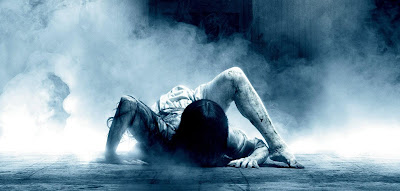Let's get this out of the way first and foremost. Channing Tatum has no large part in this film. So women that are looking at seeing this film for him(or men if that is your kind of thing), look forward to maybe 5 minutes of screentime. I say this because many Channing Tatum movies tend to be rather lacking in plot and just involve seeing the actor in as many skintight or completely shirtless scenes as possible, so if that is what you are looking for, you will definitely be disappointed.
Kingsman is one of the films that I like as it invigorated the stalling spy genre, in my eyes. It offered something fresh from the recycled content that we would continually get from Mission Impossible or the James Bond franchises. In the opening scenes, we are party to a high-speed street race/fight scene, which had me immediately concerned. The scene rung alarm bells, with the over-the-top CGI and fast-paced camera changes, feeling very Mission Impossible. The extreme pace at which the scene ran, was difficult to properly follow and was an incredibly bold and colourful affront to the eyes.
Luckily the alarm bells that I heard were rapidly silenced. With nearly all information that you learned from the first film, rendered moot, we are put into a reboot of sorts; a reimagining, much like Top Gear UK vs US, The Office UK vs US editions. We get an americanised version of the Kingsman. The Statesman.
As far as plots go, The Golden Circle felt almost too short. Much of the storyline revolves solely around the protagonists, with very little time spent building up the villain, which I felt was unfortunate. Samuel L Jackson did a brilliant job in the first instalment of the franchise, and I felt Julianne Moore didn't get the chance to really shine.
Kingsman 2 provides much of what we have come to expect: quotable speeches, unique fun gadgets, teenage-level humour, with a generous dash of action. The action was certainly amped up in this sequel but felt rushed, rather than the slow languishing gore that we were treated to in the original. As with most sequels, it didn't live up to the hype, but it's very rare that a sequel will. It still provided a heap of entertainment and several laugh-out-loud moments.
Originally posted on: http://djin.nz/Kr7827



















